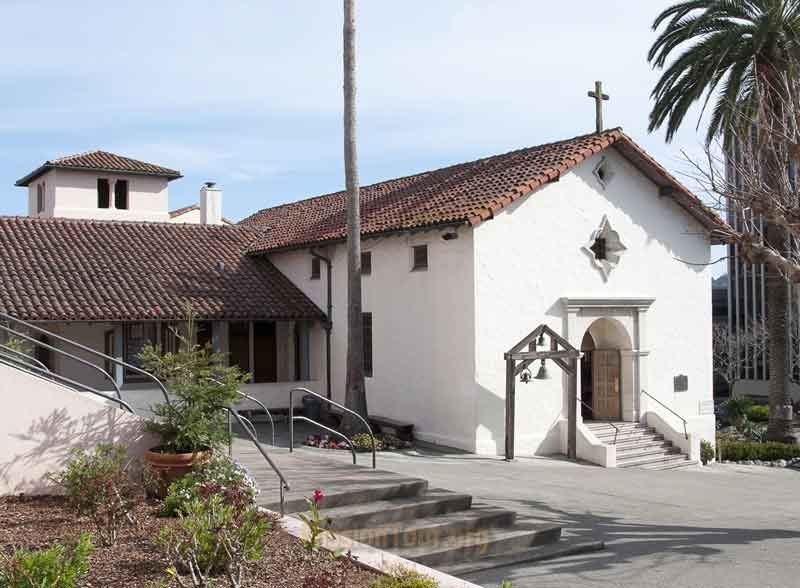Sacred Scripture
- V e r b u m c a r o f a c t u m e s t -
This sacred tradition, therefore, and Sacred Scripture of both the Old and New Testaments are like a mirror in which the pilgrim Church on earth looks at God, from whom she has received everything, until she is brought finally to see Him as He is, face to face (see 1 John 3:2) (7).
Therefore both sacred tradition and Sacred Scripture are to be accepted and venerated with the same sense of loyalty and reverence (9)..Sacred tradition and
Sacred Scripture form one sacred deposit of the word of God, committed to the Church…But the task of authentically interpreting the word of God, whether written or handed on, has been entrusted exclusively to the living teaching office of the Church, whose authority is exercised in the name of Jesus Christ (10).
…The books of both the Old and New Testaments in their entirety, with all their parts, are sacred and canonical because written under the inspiration of the Holy Spirit, they have God as their author and have been handed on as such to the Church herself…the books of Scripture must be acknowledged as teaching solidly, faithfully, and without error that truth which God wanted put into sacred writings for the sake of salvation (11).
The plan of salvation foretold by the sacred authors, recounted and explained by them, is found as the true word of God in the books of the Old Testament: these books, therefore, written under divine inspiration, remain permanently valuable…The principal purpose to which the plan of the old covenant was directed was to prepare for the coming of Christ… (14-15)
All quotations are taken from The Dogmatic Constitution on Divine Revelation (Dei Verbum)
Curious where the Bible came from? Watch Below.
Interested in learning more about the Bible? Click on the link below.






